Introduction to Forex Trading
Friday, November 6, 2009
Foreign Exchange is the simultaneous buying of one currency and selling of another. In other words, the currency of one country is exchanged for that of another.
The currencies of the world are on a floating exchange rate, and are always traded in pairs - Euro/Dollar, Dollar/Yen, etc. In excess of 85 percent of all daily transactions involve the trading of the major currencies - U.S. Dollar, British Pound, Euro, Swiss Franc, Japanese Yen, Canadian Dollar and Australian Dollar.
The Foreign Exchange market (FOREX) is the largest and most liquid financial market in the world with a daily turnover of over $2 trillion, more than three times the aggregate amount of the United States Equity and Treasury markets combined. By comparison, the currency futures market is only one percent the size of the Foreign Exchange Market.
Unlike other financial markets like the futures and stock markets, the Forex market has no physical location and no central exchange. It operates through an electronic network of banks, corporations and individuals (referred to as Interbank) trading one currency for another.
The currencies of the world are on a floating exchange rate, and are always traded in pairs - Euro/Dollar, Dollar/Yen, etc. In excess of 85 percent of all daily transactions involve the trading of the major currencies - U.S. Dollar, British Pound, Euro, Swiss Franc, Japanese Yen, Canadian Dollar and Australian Dollar.
The Foreign Exchange market (FOREX) is the largest and most liquid financial market in the world with a daily turnover of over $2 trillion, more than three times the aggregate amount of the United States Equity and Treasury markets combined. By comparison, the currency futures market is only one percent the size of the Foreign Exchange Market.
Unlike other financial markets like the futures and stock markets, the Forex market has no physical location and no central exchange. It operates through an electronic network of banks, corporations and individuals (referred to as Interbank) trading one currency for another.








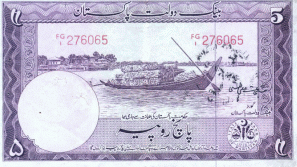
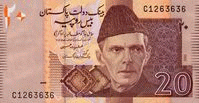
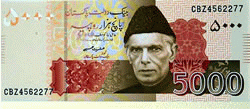


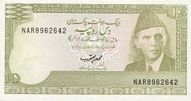







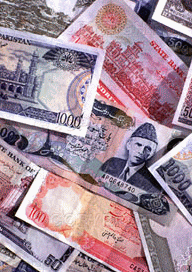
0 comments: to “ Introduction to Forex Trading ”
Post a Comment